At the start of each year I sit down and brainstorm ideas on new and creative ways that I can educate, motivate and inspire young golfers who want to play at the next level. One of my top goals for this year was to get into the minds of college coaches and let them give their insight and tell their story. I hope everyone enjoyed the last few weeks of Q and A with Furman University Coach Kelley Hester. I promise not all of the RecruitPKB articles will be college coach interviews but I have another great one to share over the next 2 weeks.
My first encounter with SMU Coach Jeanne Sutherland goes back to a funny story that my parents like to tell. When Coach Sutherland was the Texas A&M head coach, she watched me play and asked my parents if she would be wasting her time getting a SC girl to come play golf in TX. They quickly replied with a “yes”. Needless to say they didn’t want their baby girl playing college golf halfway across the country. Can’t say this small town girl was going to argue with that. But recently, I was able to reconnect with Coach Sutherland who after 15 years at Texas A&M took over the head women’s job at Southern Methodist University in 2011. What has really impressed me about Coach Sutherland is the insight she provides through her own blog, http://12monthsofgolfinvail.blogspot.com/. Just a few minutes of browsing through her articles and you will quickly see the passion she has for coaching and helping others achieve their goals.
Here is part 1 of my interview with Coach Sutherland about her own coaching philosophy and insight into the recruiting process.
What is your own coaching philosophy? My philosophy is to teach in order to empower. I want my players to leave our program understanding the importance of a team, but also with the ability to do their own things with confidence. I believe in the power of goals. We have dream goals that we strive for and smaller goals that we use to guide us through our daily work. We use them as roadmaps to know where we want to go and then we figure out how to go about the journey. I will do whatever I can to help a player achieve her goals, but my most important role is to teach them to be a great leader to themselves and in turn lead others.
What do you love about being a college coach? I love the daily process of thinking about how to get better and working with players who want the same thing. I love that coaching allows you to constantly push yourself to learn and lead. I love the energy and positivism of my players and their laughter is the best thing I hear every day.
How do you structure your practice and qualifying? We are very structured a week out from an event and taper to allowing players to work on whatever they want prior to travel. We address weaknesses through structure. For example, right now, we are spending a lot of time working on controlling our wedges from all distances inside 100 yards, controlling our speed on the greens and getting the ball up and down. These goals are based on what we saw that was deficient at our last event. As these things are addressed throughout the semester, the players will have more leeway to work on ball striking and other things. We play a lot also. I believe that playing is the same as scrimmaging and players should love to scrimmage. We qualify as much as possible, meaning that prior to every event if we can, but often we play back -to -back events.
What do you feel junior golfers can do to improve their games? Pay attention! If you sit on a green and watch the entire field pass, 90% of the players will make the same mistakes. These mistakes are due to hole locations, slopes on approach shots, winds and of course, the human elements of fear or greed. The one or two kids who really assess situations to see what the hole offers to them and how to play it win tournaments. If you talk to the players after the event, they will all tell you they hit a crummy shot and that is why they made bogey or double. How is it possible that 90% of the field hit the same crummy shot? If a junior could start to see her tendencies and the tendencies that the course and conditions cause, they would approach the game differently. However, most of us, not just juniors, are a little too self-centered to understand that there are bigger powers causing our mistakes.
How can they be more prepared for college golf? They can’t be any more prepared and that shouldn’t be the goal. The goals should be to be open to new things, learn to breathe when it seems overwhelming and understand that balance and fun are just as important as achievements. Your freshman year will go by fast and you will feel like you are always behind in whatever you do. You aren’t alone in that feeling. Enjoy the year anyway.
What is the biggest mistake you see families make through the process? I guess it would be that they get too narrowed in on schools too quickly and for the wrong reasons. There are a lot of great programs out there and a lot of great coaches who are knowledgeable and care about their players. In the four years you are at school, only a few teams will win the NCAA Championship. You don’t have to be on that team to prepare yourself for life after college. If you want to keep playing, find a coach that has a record of improving her players. If you want a great job, find a school that allows you to network.


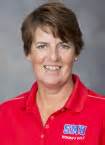
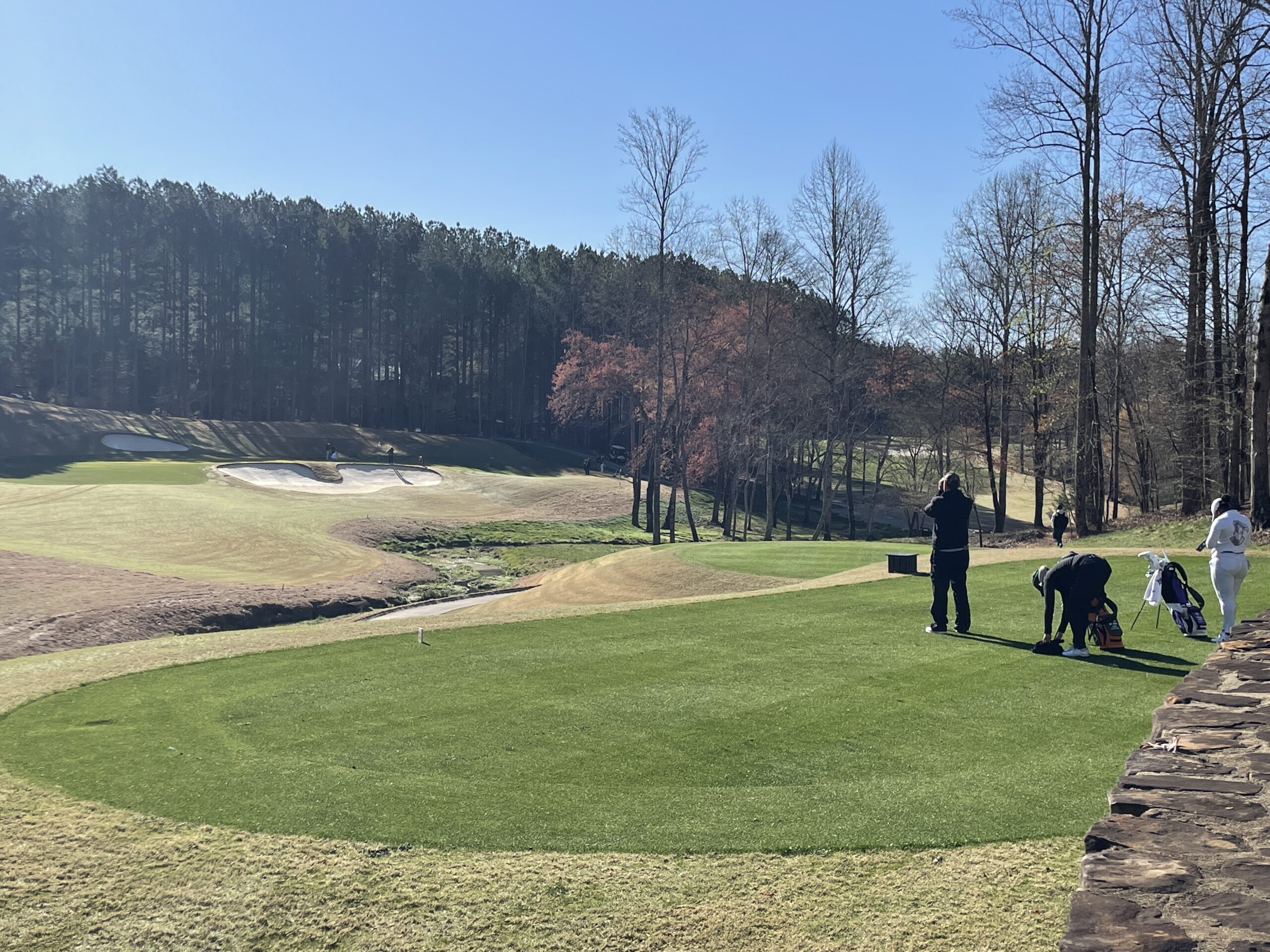
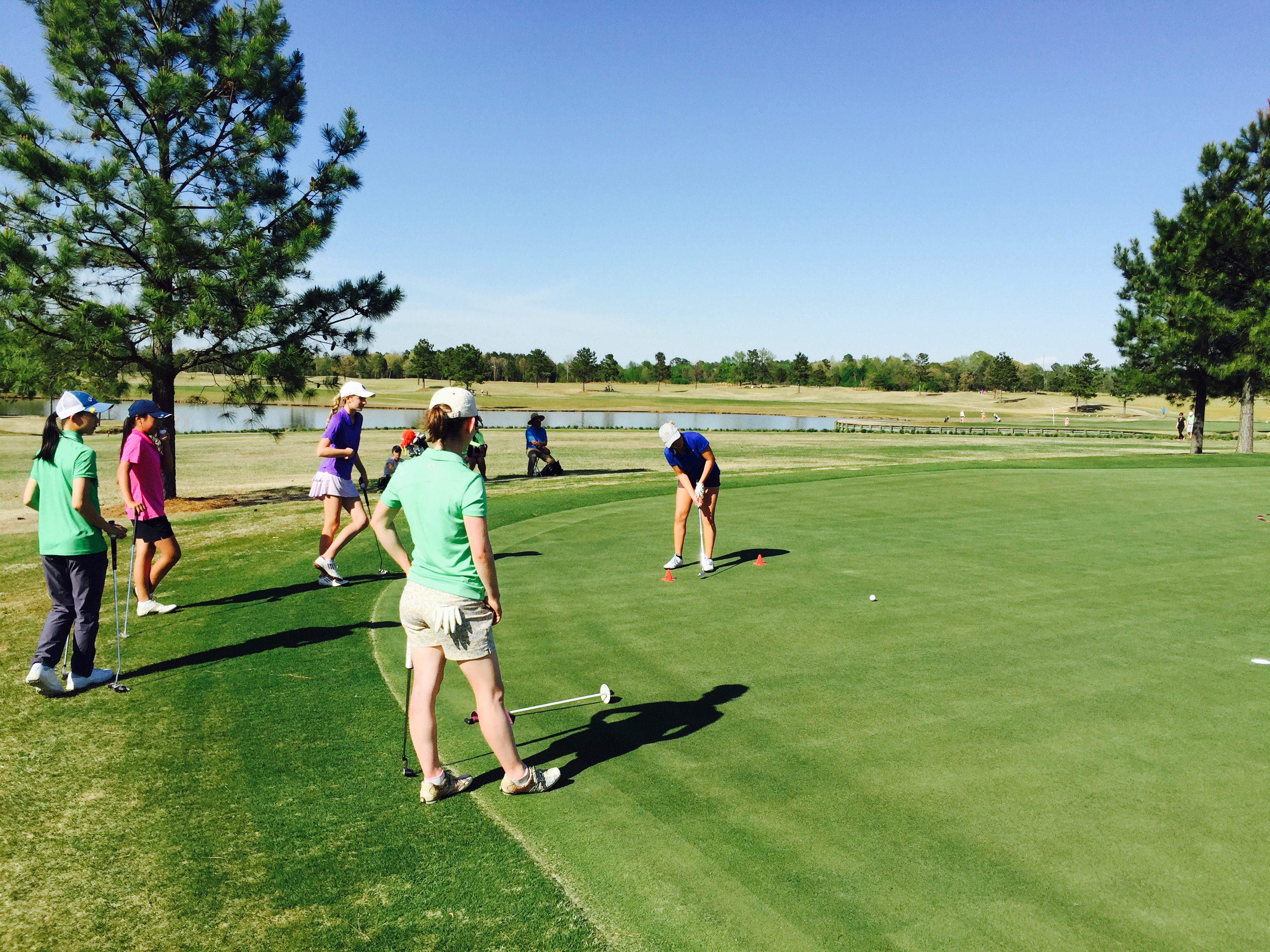
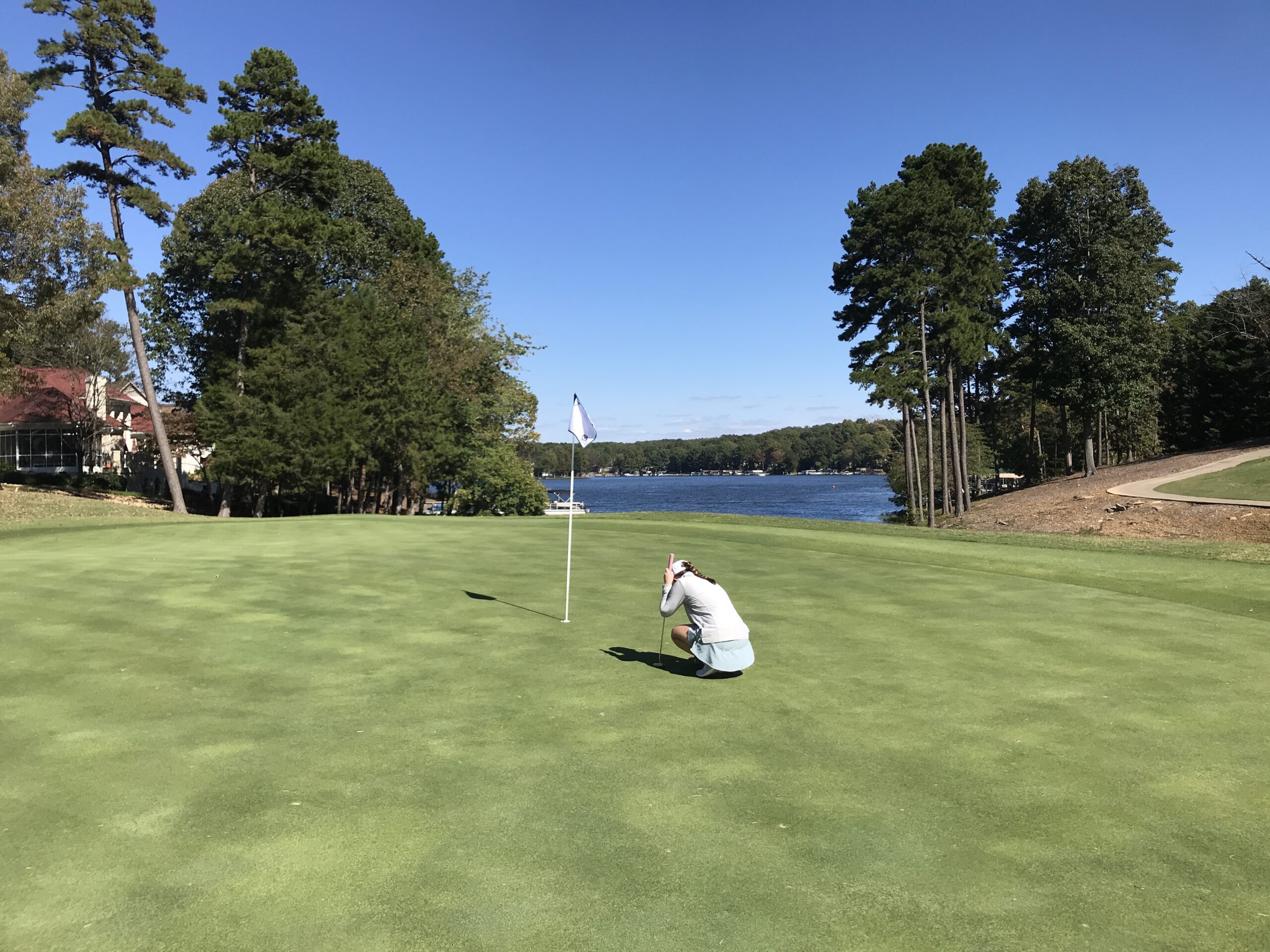
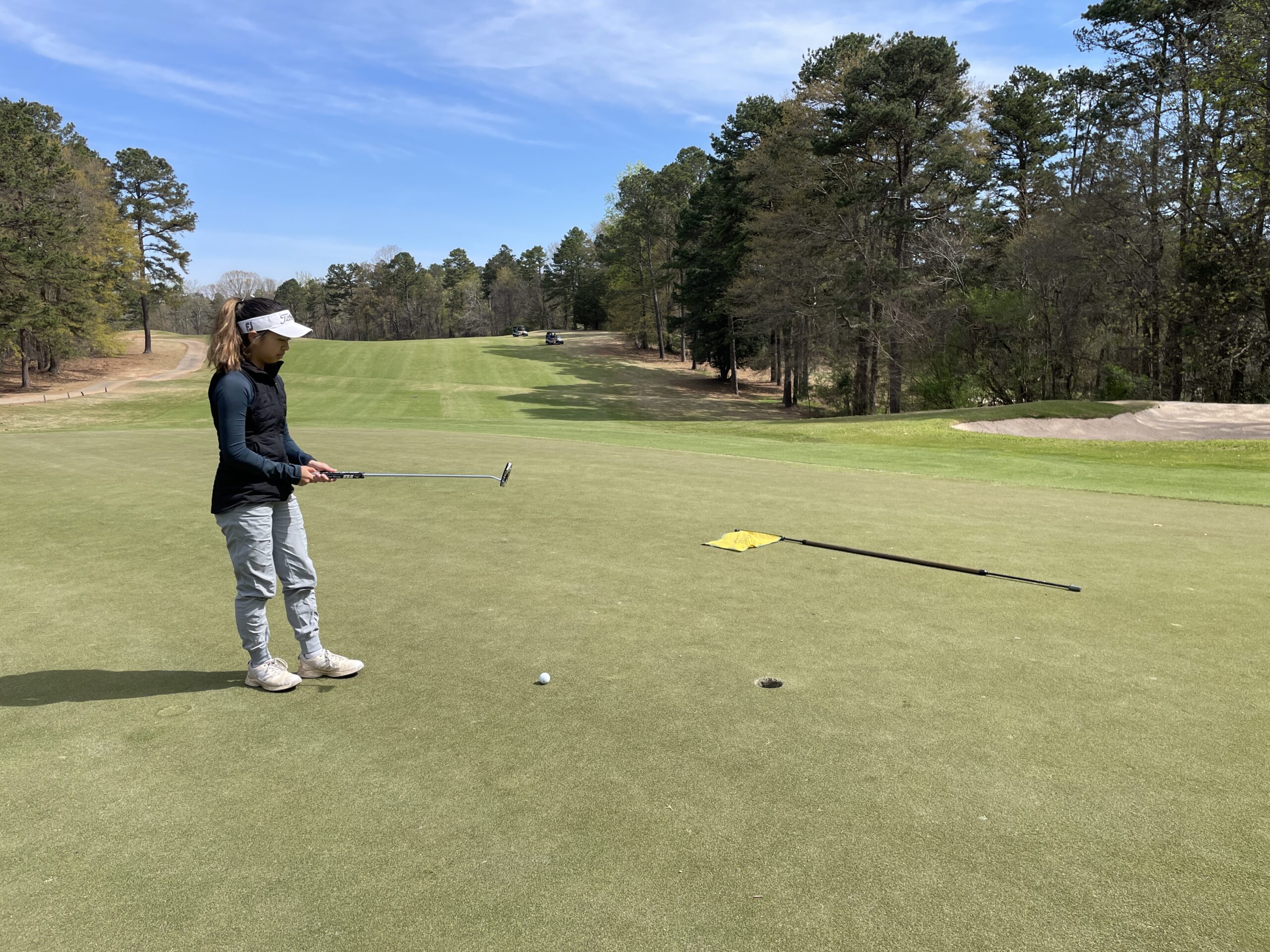
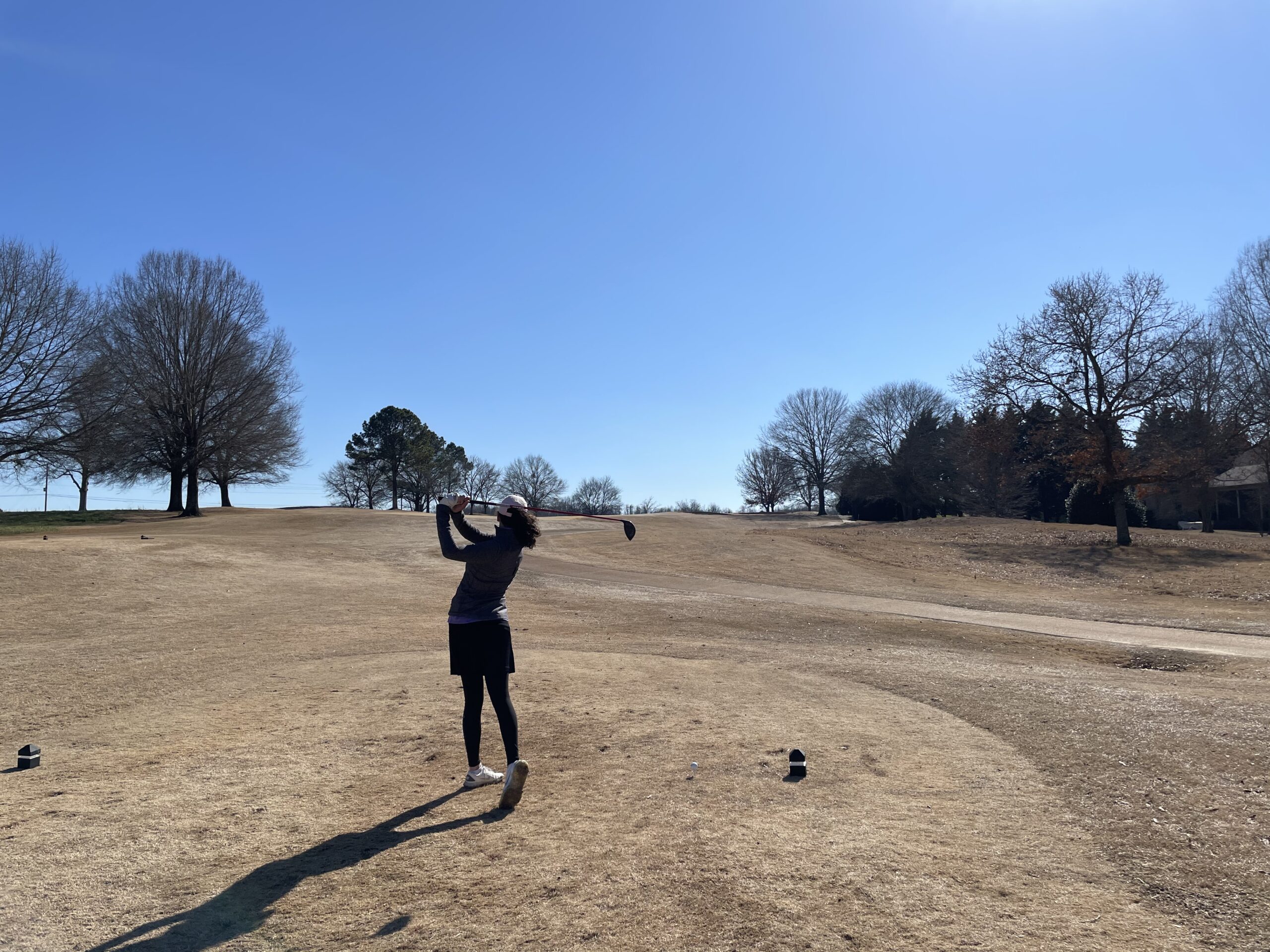
Leave A Comment